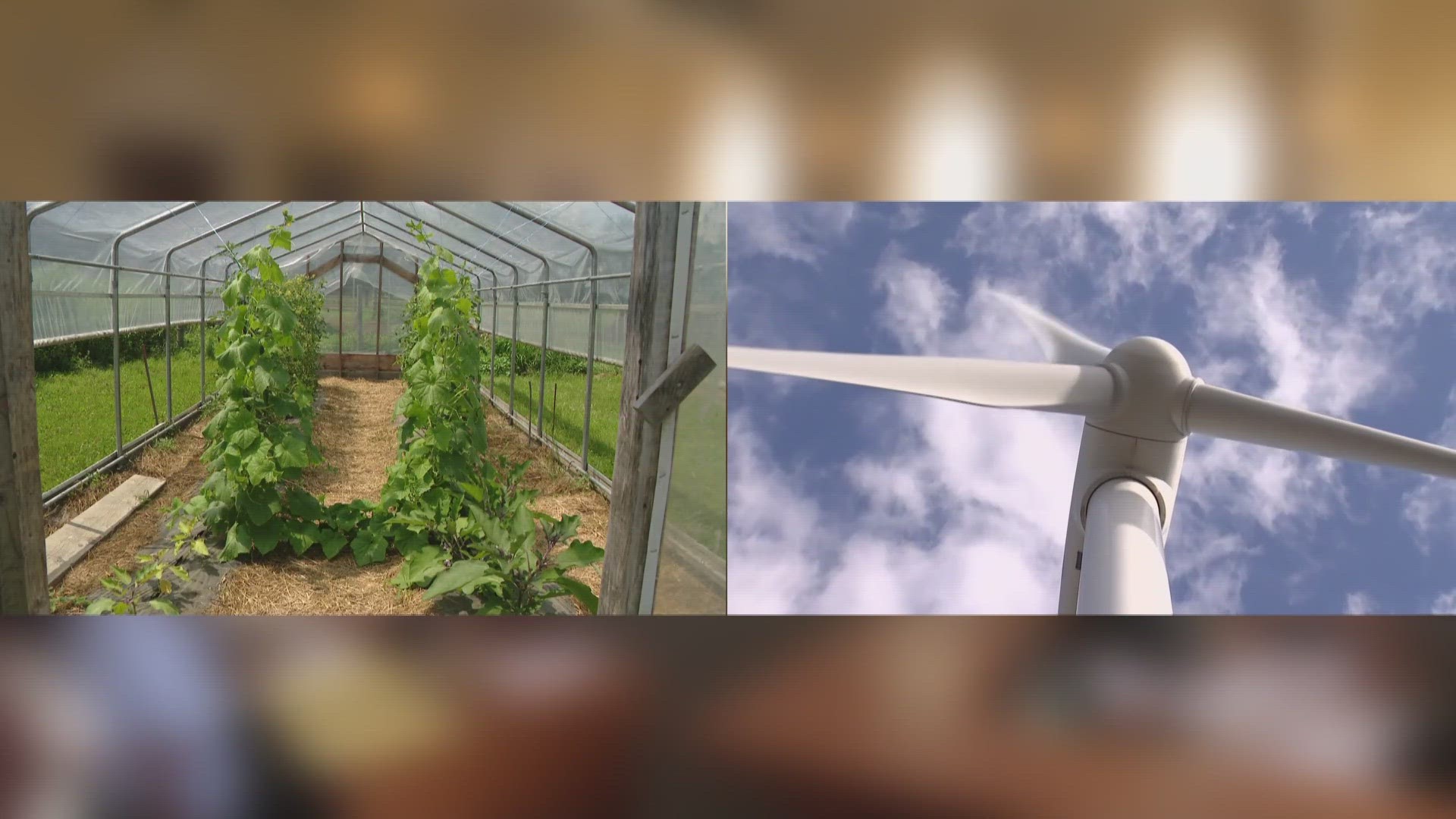AUGUSTA, Maine — The Legislature debated until 5 a.m. Wednesday, working through vetoes from the governor and voting on last-minute bills.
Among the agenda items, two highly debated bills faced diverging fates.
Lawmakers upheld a veto by Governor Mills of a farm worker minimum wage bill, with Mills saying last-second changes to it raised questions from farmers about what it would do.
Maine Organic Farmers and Gardeners Association (MOFGA) Deputy Director Heather Spalding was astounded by the veto, telling NEWS CENTER Maine any changes made were at the request of the Mills administration. Nevertheless, on Tuesday, Mills invited MOFGA to join 12 other organizations on a committee tasked with writing a new bill for next session — the governor saying she supports a new farm minimum wage.
Jeannie Tapley is with the Maine Potato Board, which will also have a seat on that committee. The board opposed the now-dead bill, as well as overtime pay for workers—one of the provisions eventually cut from the language—but Tapley said the board does support a new minimum wage, though a dollar figure hasn't been set.
"I would like to see a clean minimum wage that both the legislature and agriculture can get behind, and really work together on a great solution," Tapley told NEWS CENTER Maine on Wednesday.
Meanwhile, Mills was expected to sign a bill supporting new Maine infrastructure for offshore wind power, and making Maine a player in the industry. According to the language, the now-passed bill would:
"A. Encourage the development of extraterritorial wind power projects in the Gulf of Maine that are responsibly sited and advance the renewable energy and climate policies and economic development goals of the State;
B. Establish standards for local hiring, workforce development and safety and promote diversity, equity and inclusion;
C. Monitor impacts of offshore wind power projects on the marine environment; and
D. Develop the transmission infrastructure necessary for the State to expeditiously meet its renewable energy and climate goals using offshore wind power projects located in the Gulf of Maine."
Proponents who attended a May public comment hearing included members of Maine Audubon, the Maine Labor Climate Council, the Natural Resources Council of Maine, Maine Conservation Voters, and multiple labor unions whose members wish to build the turbines and infrastructure that would be placed off Maine’s coast.
Members of those organizations who spoke with NEWS CENTER Maine ahead of the hearing said this bill could pave the way for Maine to lead a market that is on its way here regardless while moving steadfastly to fight climate change that is rapidly warming the gulf.
Josh Caldwell, with the Natural Resources Council of Maine, was thrilled with what the future could hold for Maine's involvement in harnessing offshore wind energy.
"It's really not an understatement to say that this is a generational bill; a generational piece of legislation catalyzing the offshore wind industry in Maine," He told NEWS CENTER Maine on Wendesday.
Fishing groups were divided on the bill, which also promises a study to find any impacts the turbines may have on their fishing grounds.
But it appears Maine's push to be a major player in offshore wind will move forward.

